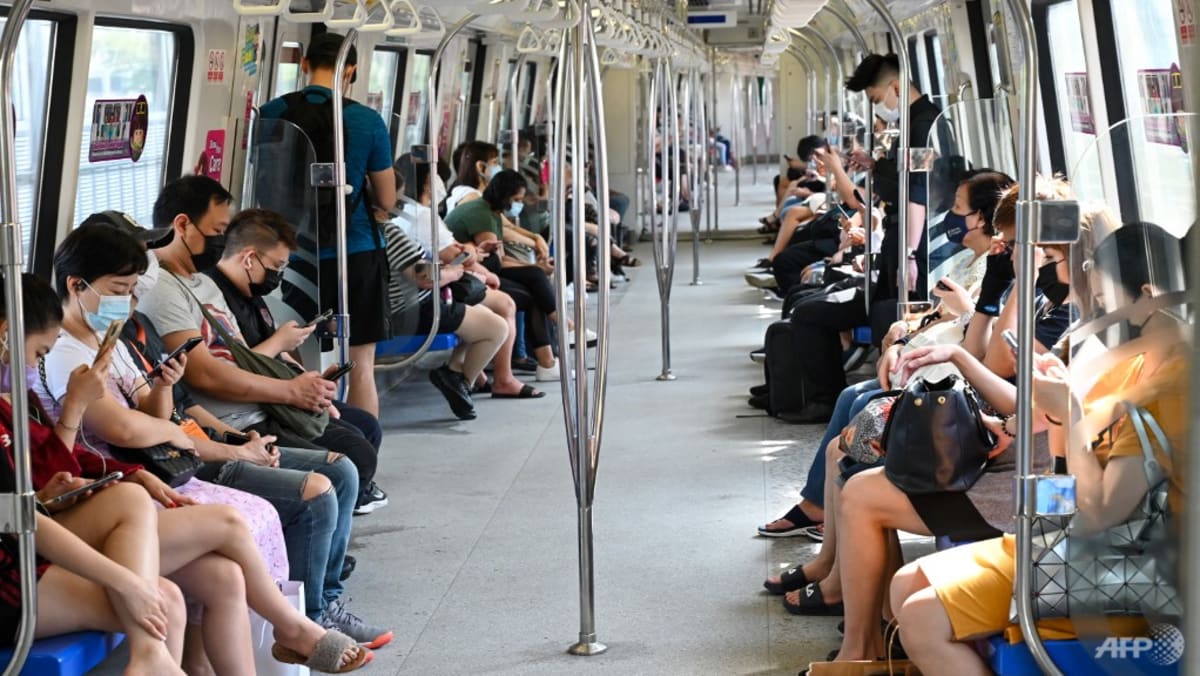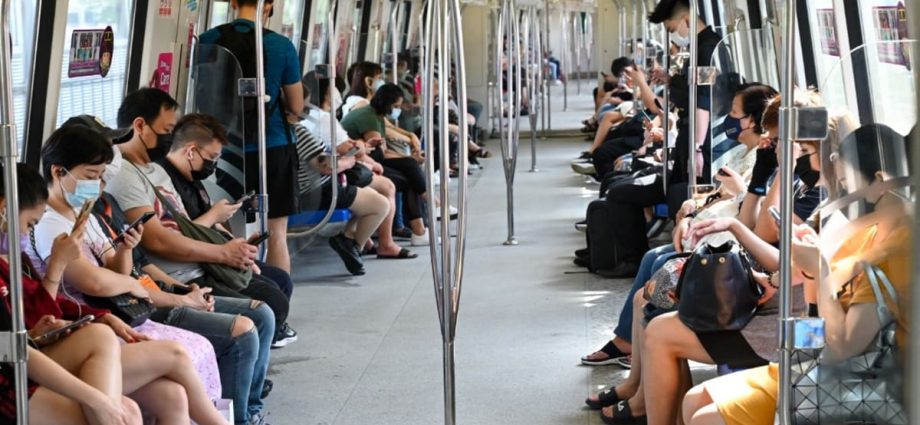
RISING ENERGY, LABOUR COSTS
The fare hike is necessary to meet rising energy prices, which rose by 117 per cent last year, the PTC said.
Coupled with increased manpower costs and inflation, this led to a maximum allowable fare adjustment quantum of 13.5 per cent according to PTC’s fare adjustment formula. This is the highest quantum generated by the fare formula since it was implemented in 2005.
However, the PTC said it decided to grant public transport operators a fare increase of just 2.9 per cent due to concerns over the rising cost of living. The remaining 10.6 per cent will be carried over to future fare review exercises.
About 1.8 per cent of household income goes to public transport for an average user, according to the public transport affordability indicator, which is based on data from the Department of Statistics.
With this year’s fare hike, and taking into account average wage increases, the PTC said the monthly public transport expenditure for these households is expected to remain at a similar level.
At a press conference on Wednesday, PTC chairperson Janet Ang said the council looks at both the economic situation as well as the percentage increase generated by the fare formula.
“We will digest it together as a community,” she added.
Transport Minister S Iswaran said in a Facebook post after the announcement that “fare adjustments are never easy”.
“To keep our public transport system financially sustainable, fares need to be updated to cover the increased costs,” he wrote.
The Government will cushion the impact with public transport vouchers, concession schemes and subsidies, and ensure that fares remain affordable especially for the vulnerable, he added.

